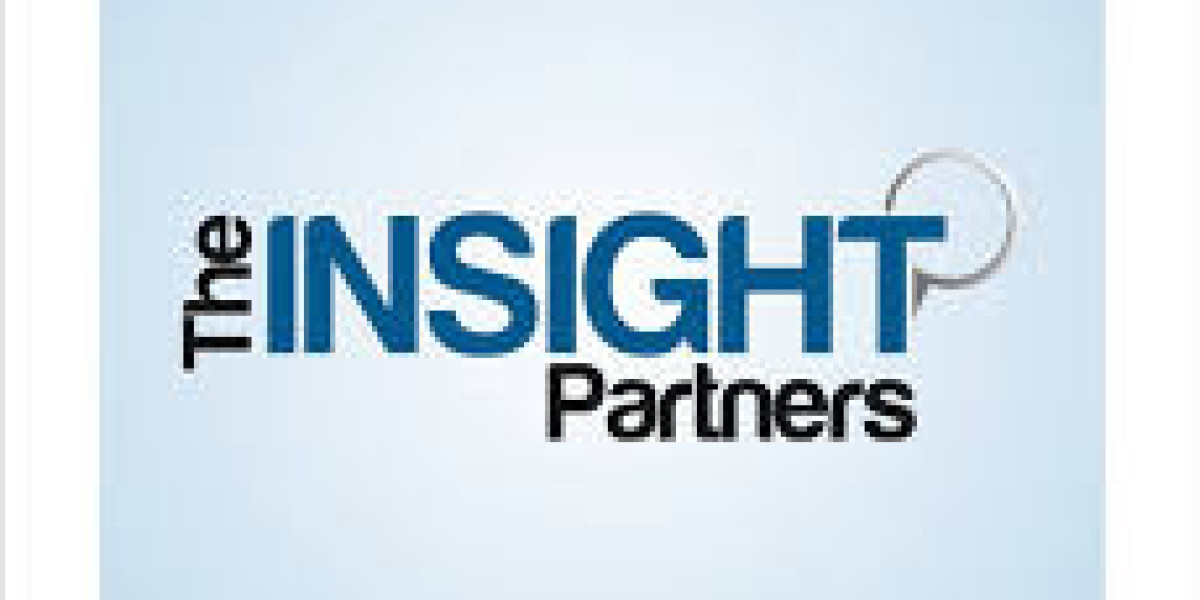Dengue fever, a mosquito-borne viral infection, continues to pose a significant global health threat, particularly in tropical and subtropical regions. With rising incidences attributed to factors like climate change, urbanization, and increased international travel, the demand for accurate, rapid, and accessible dengue testing solutions has never been more critical. The dengue testing market is therefore a rapidly evolving sector, serving as the frontline defense in diagnosis, surveillance, and outbreak management.
This robust growth is a direct response to the escalating global burden of the disease, which sees millions of infections annually. Effective testing is crucial for early detection, enabling prompt clinical management, preventing severe complications, and implementing public health interventions to control outbreaks.
Asia Pacific currently holds the largest share of the market, accounting for over 31.57% in 2024, given the high endemicity of dengue in countries like India, Indonesia, and Thailand. Latin America, especially Brazil, also represents a significant market. However, growing awareness and increasing travel to endemic regions are driving demand in other areas as well.
The market is segmented by various test types, with ELISA-based tests currently dominating, holding about 47.0% market share in 2024. These tests are valued for their high sensitivity and specificity in detecting both dengue antigens (NS1) and antibodies (IgM and IgG), crucial for diagnosing infection across different stages. Rapid diagnostic tests (RDTs), particularly lateral flow immunoassays, are also experiencing significant growth (CAGR of 6.4%), driven by their ease of use, quick results, and suitability for point-of-care (POC) settings, especially in resource-limited areas. RT-PCR based tests, offering high accuracy and early detection capabilities, are also vital, particularly in surveillance and research.
Technological advancements are a key growth driver. Innovations in POC testing devices, including those with mobile integration and self-testing capabilities, are democratizing access to diagnostics. The development of next-generation kits capable of detecting multiple arboviruses simultaneously is another significant trend, enhancing efficiency. Furthermore, the integration of AI and machine learning into diagnostic platforms holds promise for improving test accuracy and efficiency, revolutionizing data analysis for better outbreak prediction.
Despite the positive trajectory, challenges remain, including the need for cost-effective solutions in lower-income regions and the continuous development of tests capable of differentiating dengue from other febrile illnesses with similar symptoms. Nevertheless, with ongoing research, government initiatives, and a heightened global focus on infectious disease preparedness, the dengue testing market is poised for continued innovation and expansion, playing a pivotal role in safeguarding public health worldwide.
Get Sample Report: https://www.theinsightpartners.com/sample/TIPRE00040600
Author's Bio:
Nilesh Shinde
Senior Market Research expert at The Insight Partners


